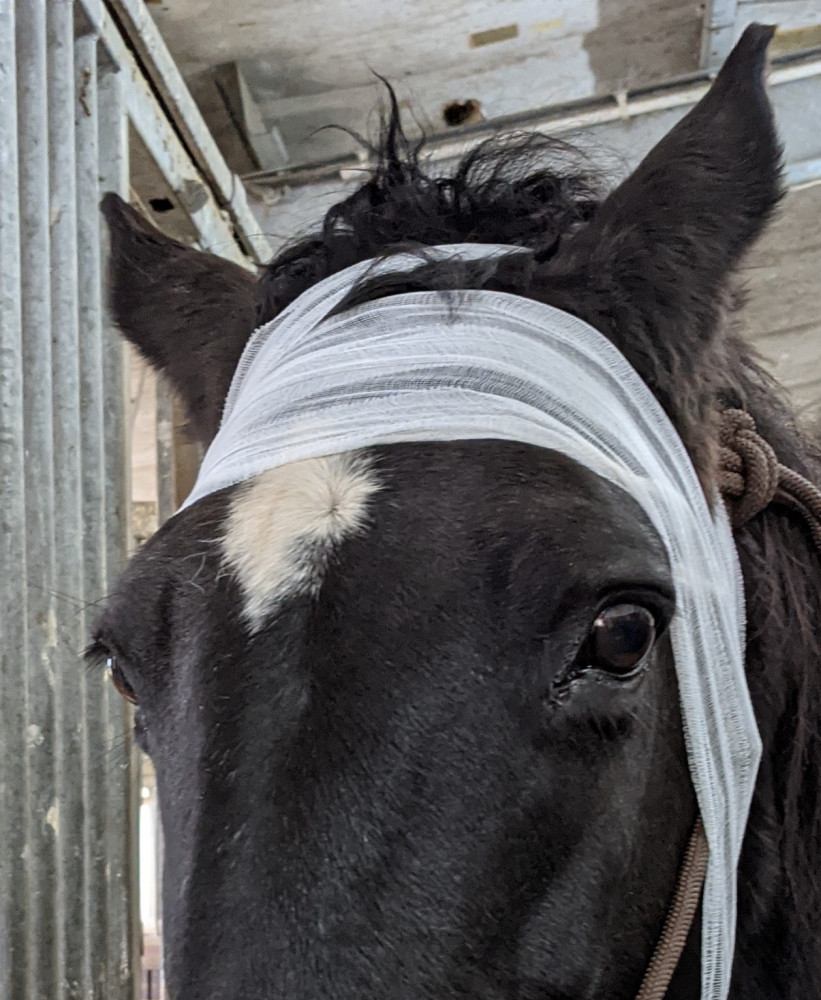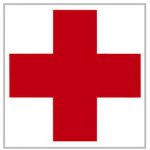Headshaking – Stress for you and your horse
 Today many horses exhibit something what we call headshaking.
Today many horses exhibit something what we call headshaking.
It is a medical condition recognized by veterinarians. It is similar to the headshaking your horse might show in the summer whenit trys to get rid of nasty flys. However, headshaking is a real disease and can make the training with your horse very difficult and in worst case even impossible.
What are the symptoms?
Many horses aren’t just shaking with their head but also show other symptoms such as sneezing, heavy breezing, scratching his head on the legs, snorting while working, shaking the head violently enough to lift the front legs off the ground and there can be coughing as well. It has been seen that the symptoms can increase with luminous intensity.
What are the causes?
The first thing you need to check is whether your horse shows neurotic headshaking or reacts to an extensive training. If you cannot find any correlations you need to observe your horse intensively. It is possible that your horse reacts to an allergy (pollen, mold), an infection of airways or an irritation of the nervous system. The irritation of the nervous system could be caused by the EHV-1 Virus. Often damaged the trigeminal nerve is damaged which is in the head of your horse and can cause strong discomfort. It has been observed that the symptoms start after a vaccination. If your vet isn’t able to determine a physiological cause you should check your equipment. If it doesn’t fit it might cause discomfort as well.
What can you do?
Calling your vet is always a good thing to do. He can help you to determine the cause and can give you helpful tips. He will check your horse teeth, as well your horse’s spine. In the case that your horse is a neurological or allergic headshaker, the problem is unlikely to be solved without the help of your vet. If your vet can’t help you sufficiently you should consider other options. Some owners report that their horses benifited from consulting a euine acupuncturist.
 Besides contacting your horse there are also some helpful things you can do on your own. Some horses show less symptoms if they wear a queen-sized nylon stocking, a net relief mask or a hackamore.
Besides contacting your horse there are also some helpful things you can do on your own. Some horses show less symptoms if they wear a queen-sized nylon stocking, a net relief mask or a hackamore.
In serious cases your vet might suggest a pain treatment including drugs. This might help your horse to relax and reduce the pain.
Surf tips:
- Horses with Copper Deficiency
- Horses with a Lack of Selenium
- Horses with Liver Disease
- Narcolepsy – If Horses just fall asleep
—All statements without guarantee—


8 Comments
Comments are closed.